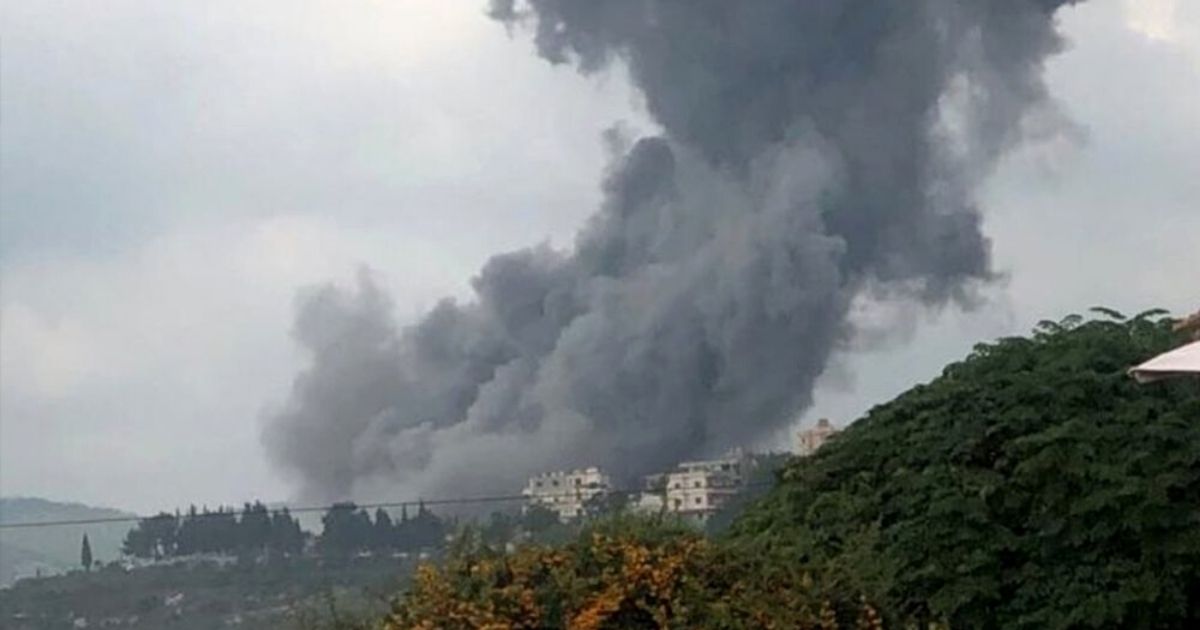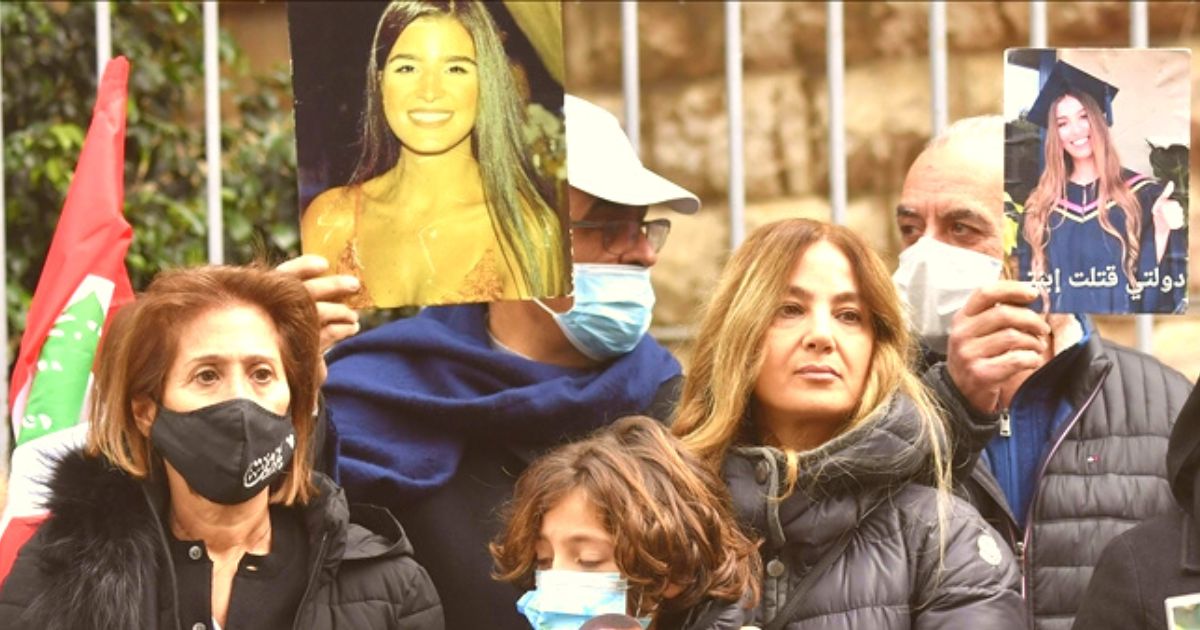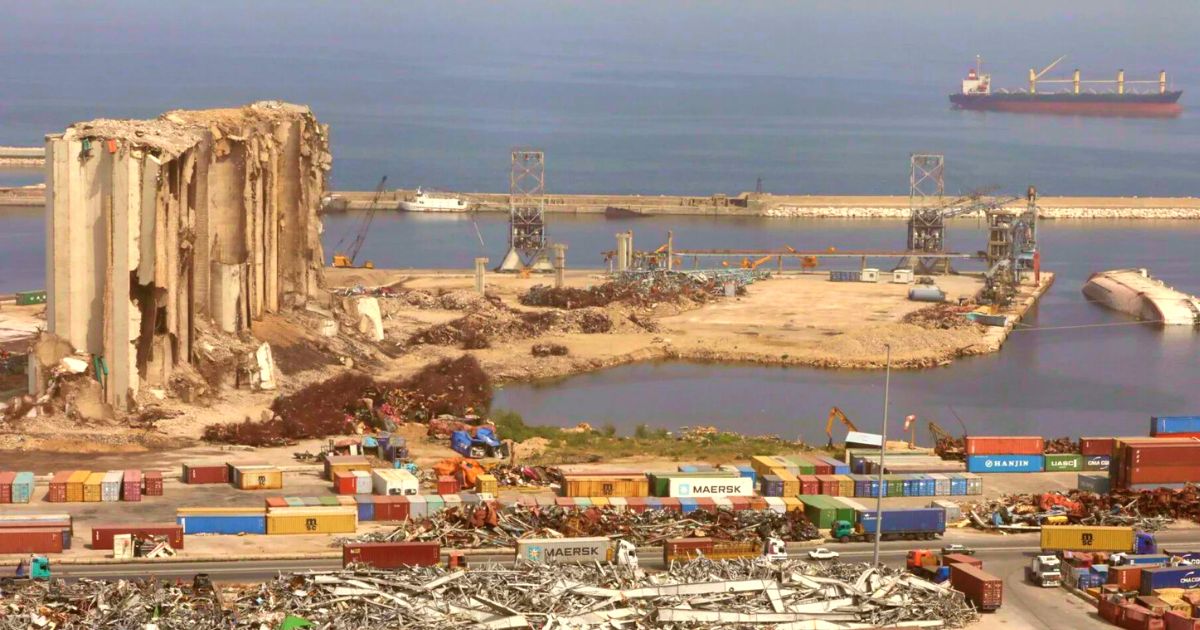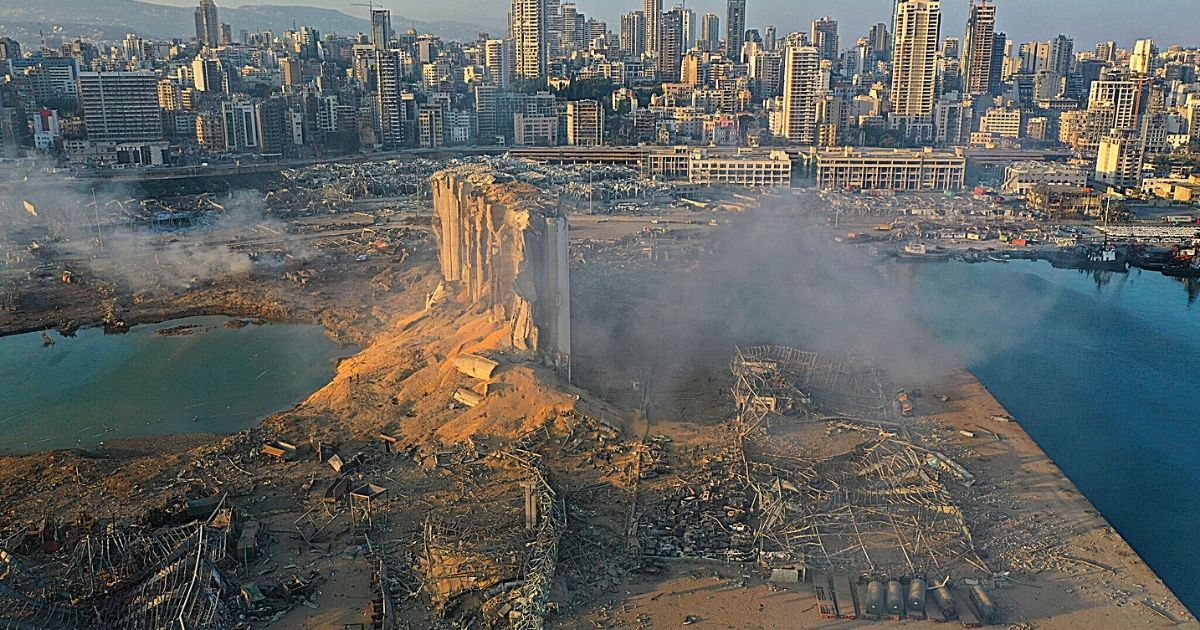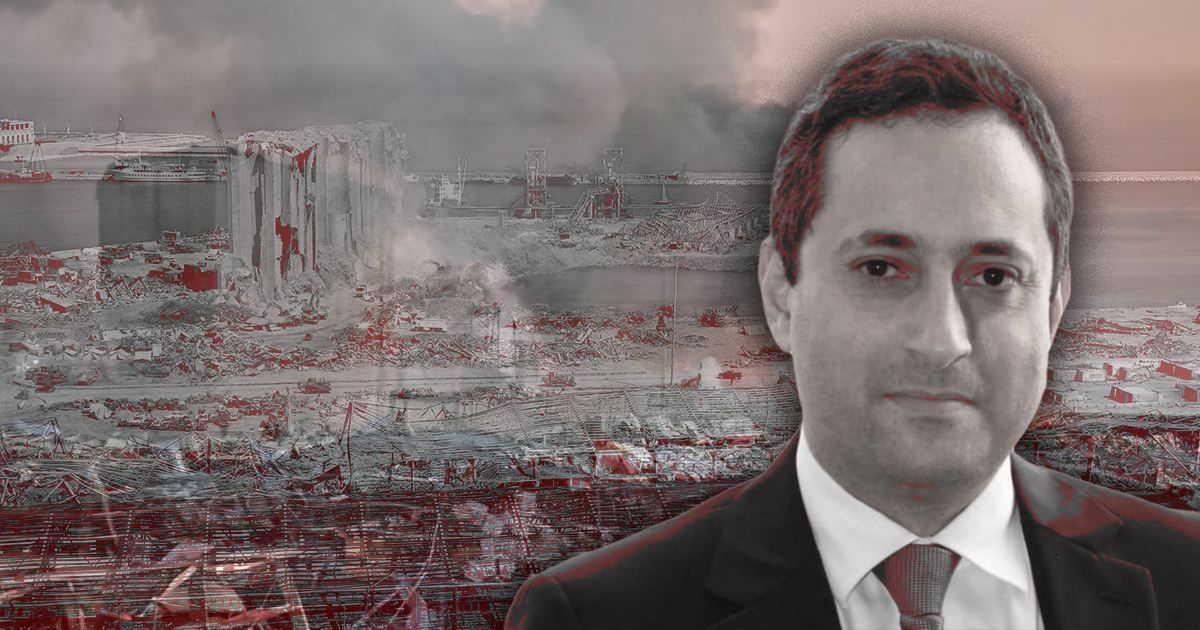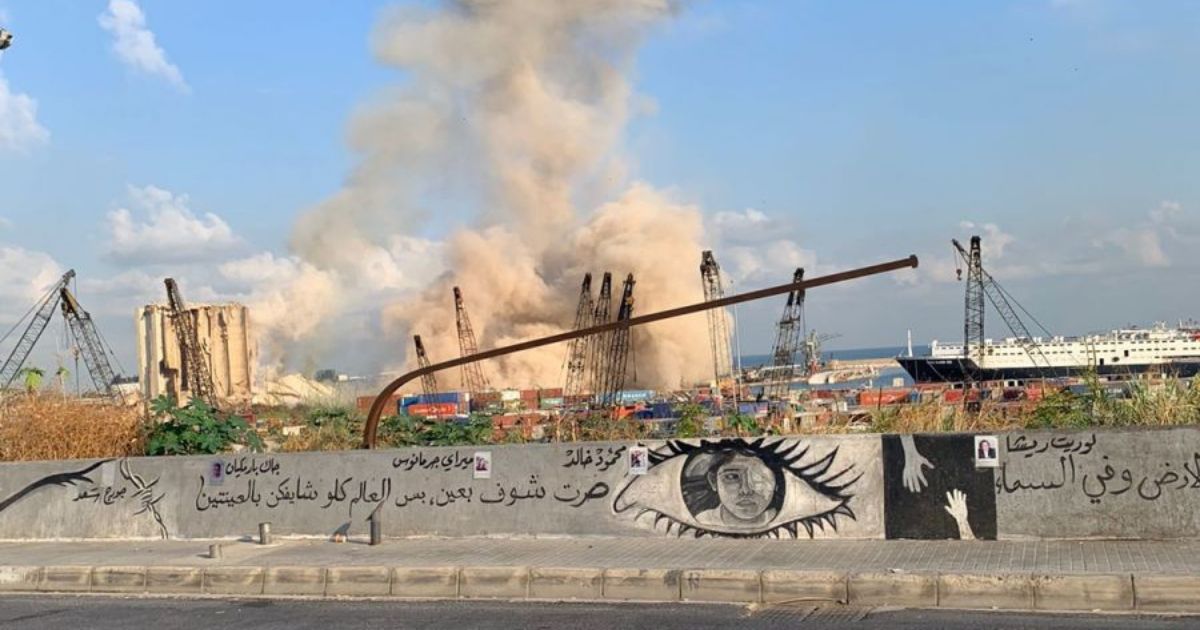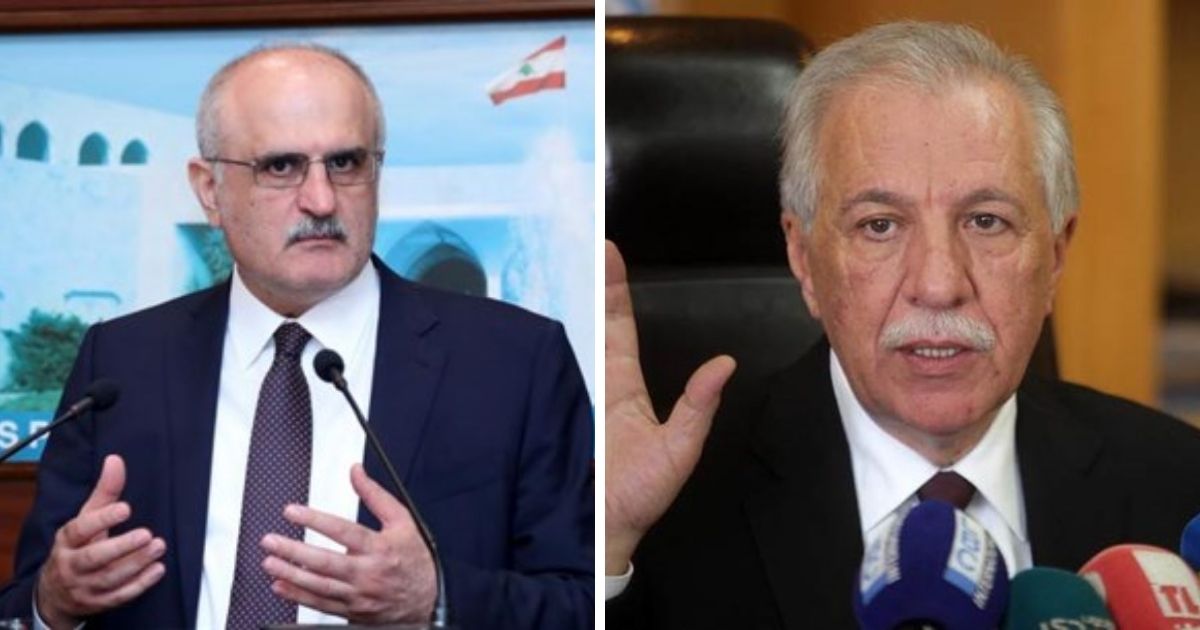Carlos Moubarak, a member of the Beirut Order of Engineers and Architects and the design director of his architecture firm carlos moubarak architect, proposed an interesting project for the Beirut explosion site and its remnants, or what once was a full-functioning dynamic port: The Beirut Memorial Park for the victims of August 4th.
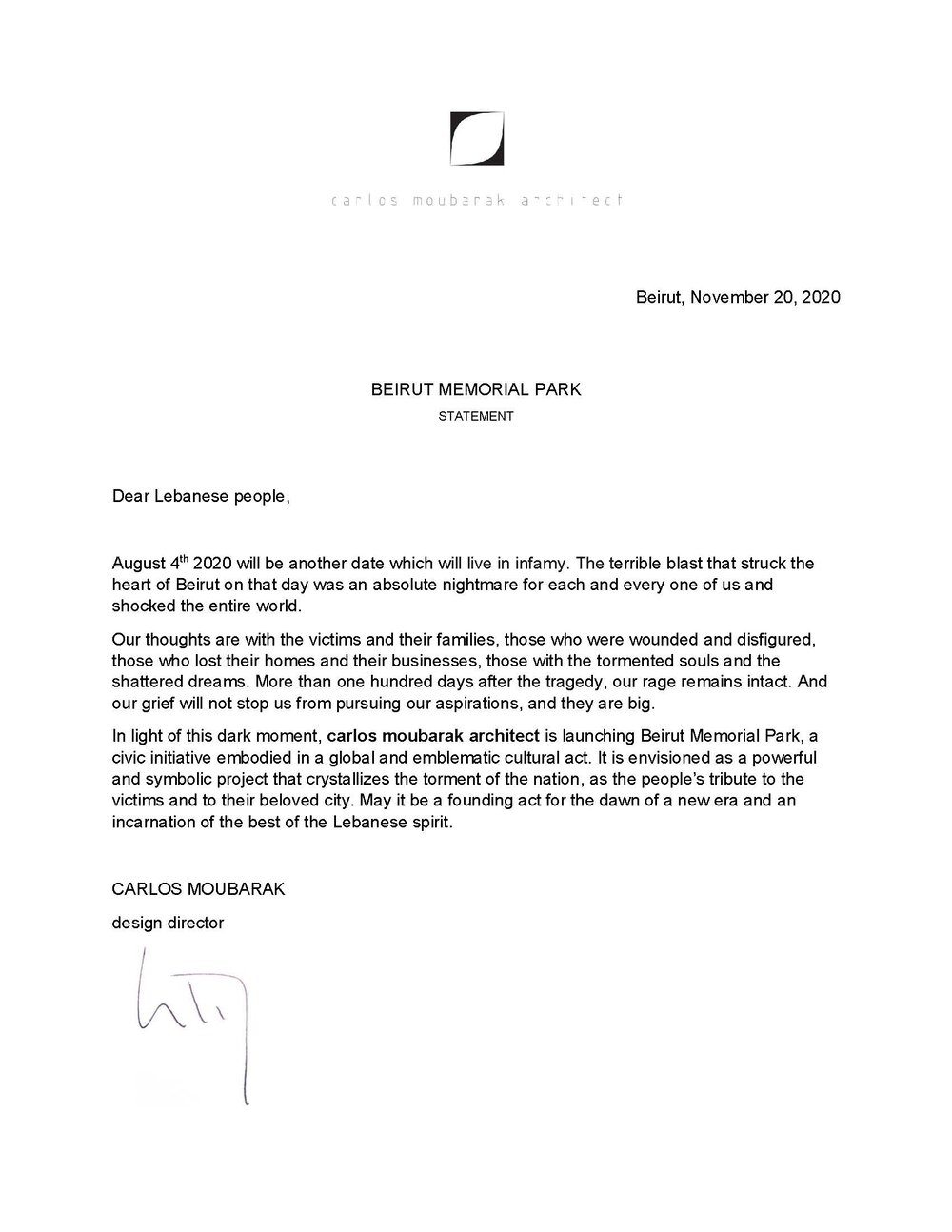
According to Moubarak’s website MBK, the aim of the initiative is “to create a dynamic and participatory, sensitive and spiritual memorial infrastructure in reminiscence of this tragic event.”
Carlos Moubarak hopes that the memorial site would become a “national symbol” and “iconic public space” for the people of Lebanon.

The way that the proposal is designed ensures that a memorial park’s activities are integrated, while still giving space for the port logistics to efficiently take place.
The proposal, dedicated to the victims and the survivors of the explosion, is envisioned as an urban mix of infrastructure and landscape, turning the area into a green public park.
It’s designed to have an upper plateau that “offers an outlook on the port’s activities, panoramic views of the Mediterranean Sea, and Beirut city skyline,” and a lower plateau that “integrates the park’s more serene and introspective spaces.”

Carlos Moubarak is a multi-award winner in his field. He graduated from the Académie Libanaise des Beaux-Arts (ALBA) in Beirut. He then taught at the Lebanese American University and offers workshops and lectures with international architects.
Other than being a member of the Beirut Order of Engineers and Architects, he is regularly invited as a jury member at architectural and university competitions.

This architectural project will immortalize the memory of the victims of the Beirut Port’s Blast, the like created for the victims of the 9/11 tragedy in New York – the 9/11 Memorial & Museum at the World Trade Center – and the Berlin Memorial for the Jewish victims under the Nazi party of Hitler.

According to Moubarak in his website MBK architect, the design proposal is offering the people of Beirut a much needed large scale green park, and “will also restore the capital’s historical connection to the shore in an innovative way, reintroducing the waterfront experience of a seaside city.”

